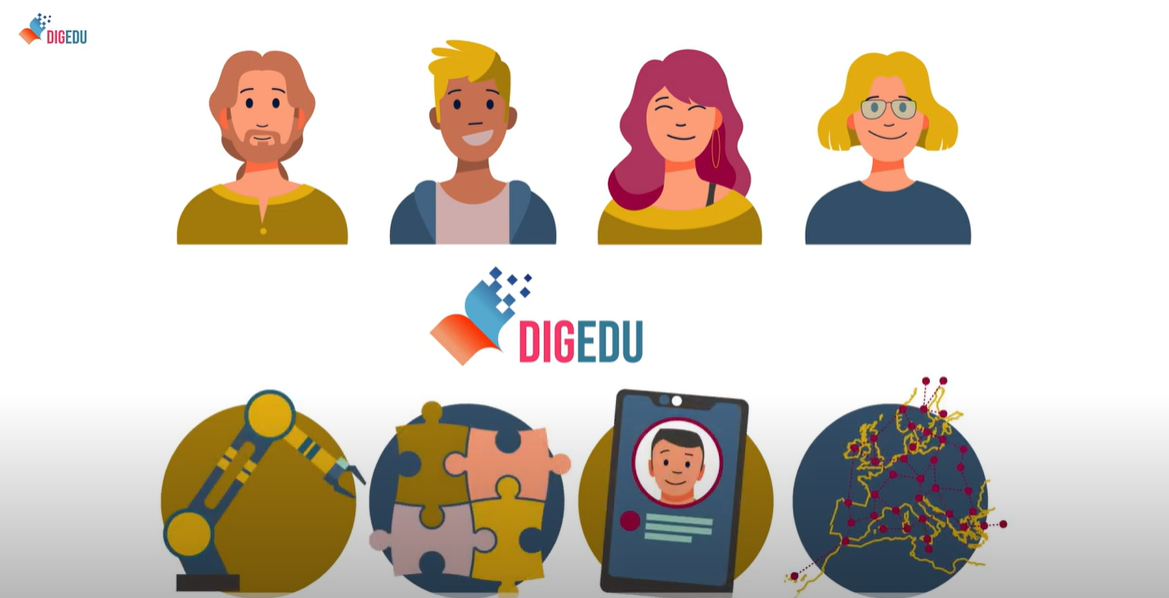In July 2020 the Spanish Government launched the Digital Spain 2026 agenda as a roadmap for the country’s digitalization process. This agenda was conceived as one of the pillars of Spain’s Recovery, Transformation and Resilience Plan, after the pandemic crisis, as well as a vector of modernisation and prosperity in the medium term, acting on the triple dimension of: (i) infrastructure and technology, (ii) economy, and (iii) people.
This agenda includes the Spanish National Plan for Digital Skills, which comprises as one of its seven lines of action, the digitalisation of education aligned with the European Commission Digital Education Action Plan 2021-2027. The Spanish Ministry of Education and Vocational Training is implementing this digitalisation through the Plan for the Digitalisation and Digital Competences of the Education System.
This ambitious plan includes four key actions aimed at schools and members of the school community:
- Development of Digital Competence in Education: this line of action invest (€301M) in the development of the digital competence of pupils through the curriculum, the training and certification of digital competence of teachers based on the Spanish Framework of Reference for the Digital Competence of Teachers and the transformation of Spanish schools into digitally competent organisations through the design and implementation of School Digital Plans.
- School Digitalisation: this line of actions look at improving the availability of digital means for teaching and learning, further reducing the digital gap among pupils, and improving the digital endowment of classrooms in schools and the technical training of teachers. This line has been boosted by the Recovery and Resilience Mechanism with €996M for the acquisition of more than 300,000 portable devices to reduce the digital gap for pupils (€150M), the installation, updating and maintenance of interactive digital systems (IDS) in more than 240,000 classrooms in schools (€827M), and the technical training of teachers in the operation of the equipment received by schools (€19M) through regional cooperation programmes.
- Creation of educational resources in digital format: this line includes the website Educational Resources for Online Learning (REAL), which offers teachers, families and pupils different types of Open Educational Resources (OER) available for online use as well as resources for the safe use of digital media AseguraTIC.
- Advanced digital methodologies and competences: the most relevant actions in this line revolve around the Future Classroom Lab project, the School of Computational Thinking and Artificial Intelligence, the School Programme Code 4.0 aimed at teaching pupils to become literate in programming and robotics, and the European project for school collaboration eTwinning, with more than 80,000 registered Spanish teachers and 4,000 Spanish school projects developed each school year.
Read about the Plan for the Digitalisation and Digital Competences of the Education System (Spanish)
Read the Agenda Digital Spain 2026 executive summary (English)

















